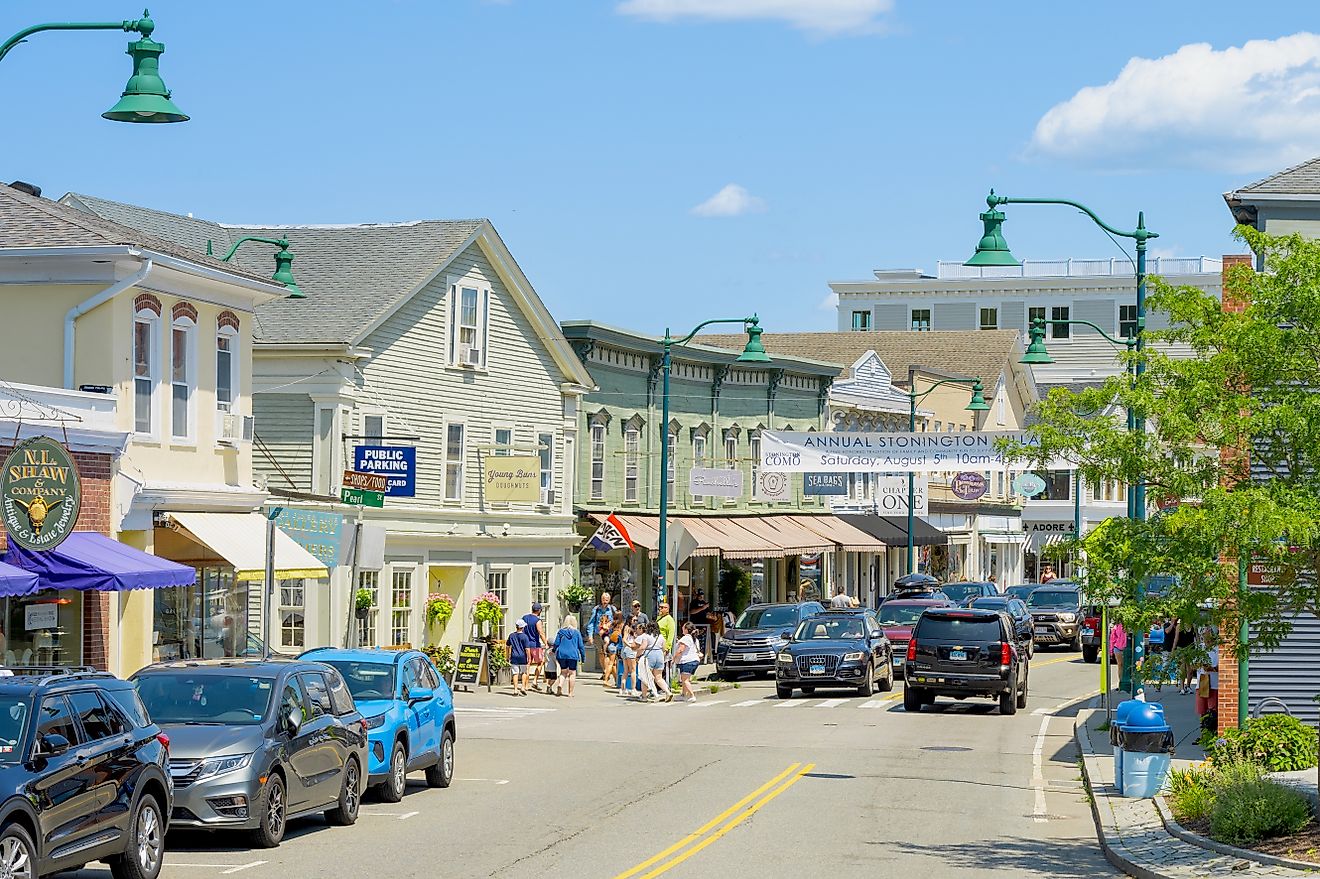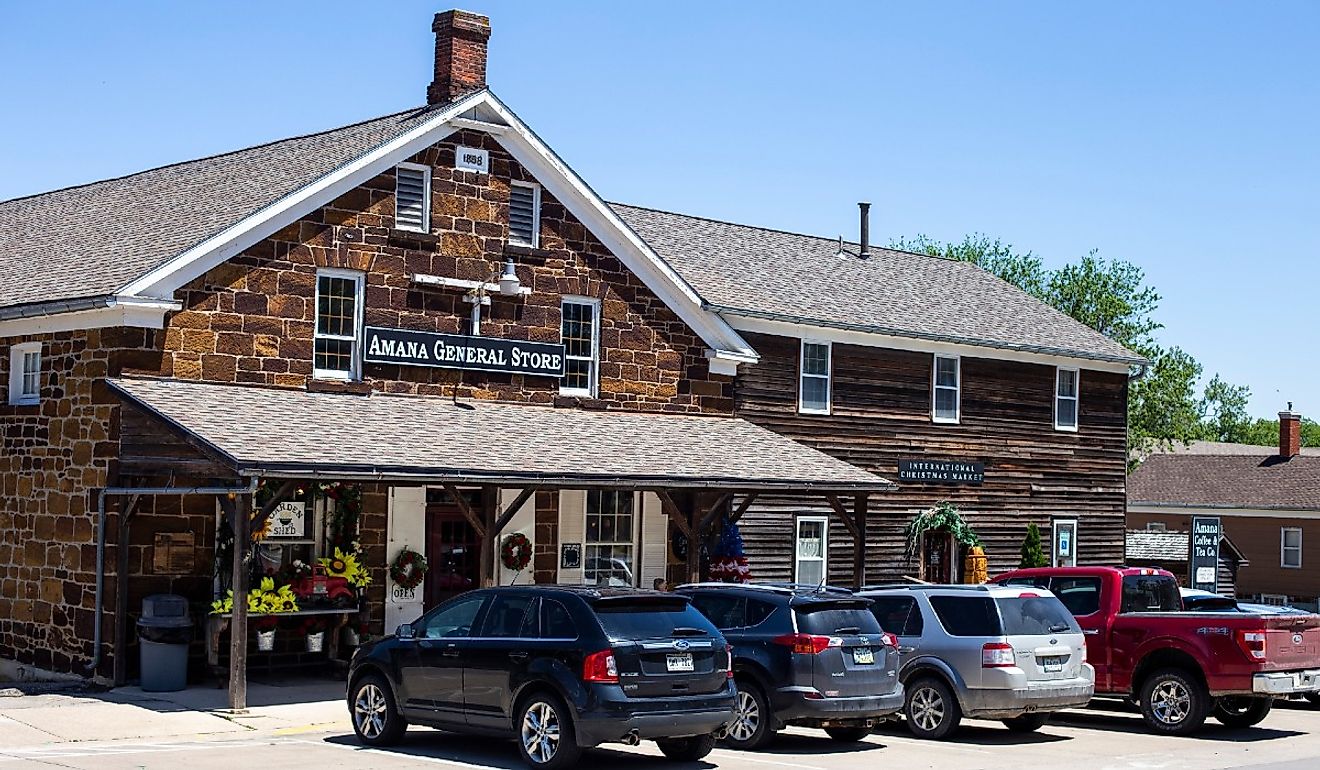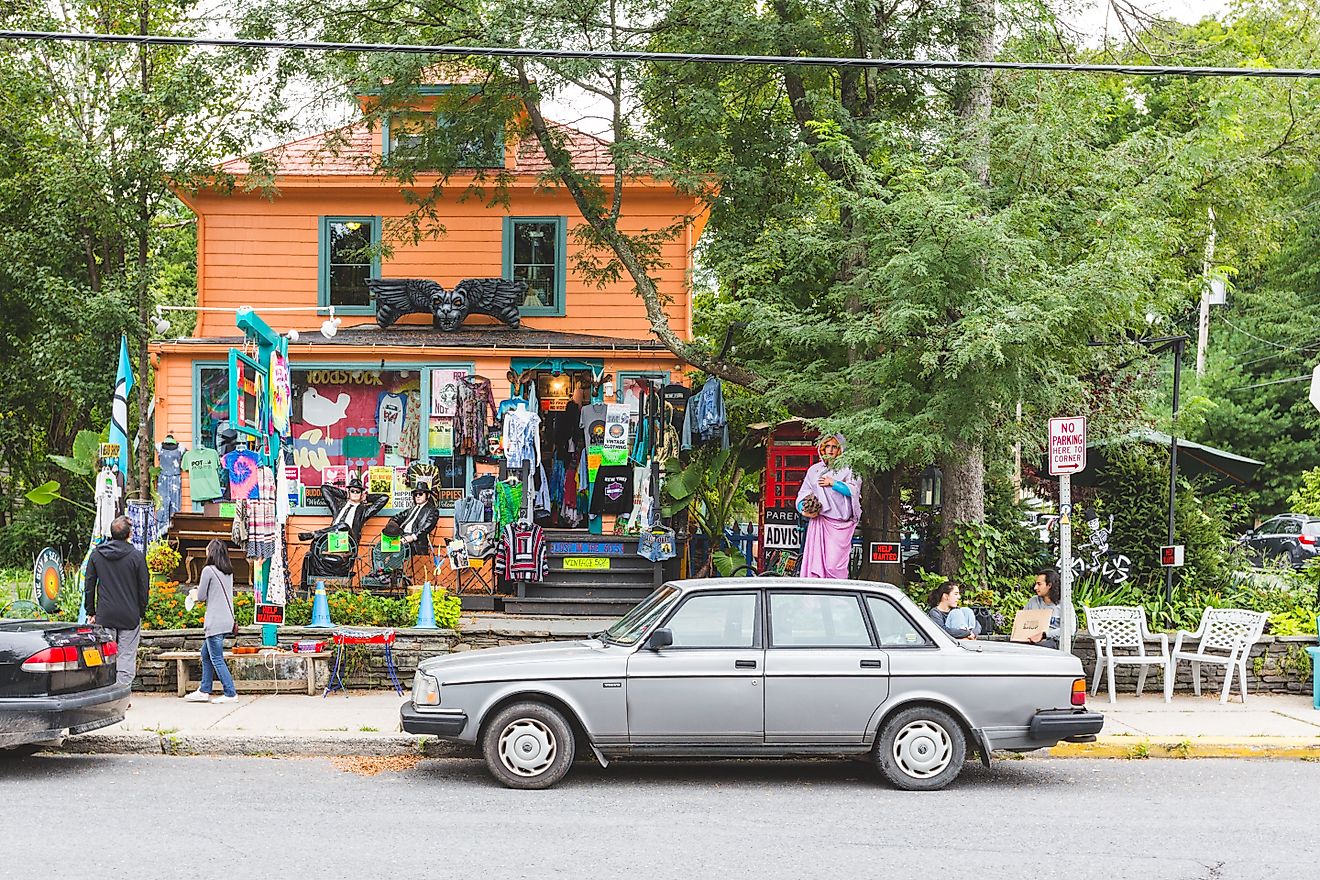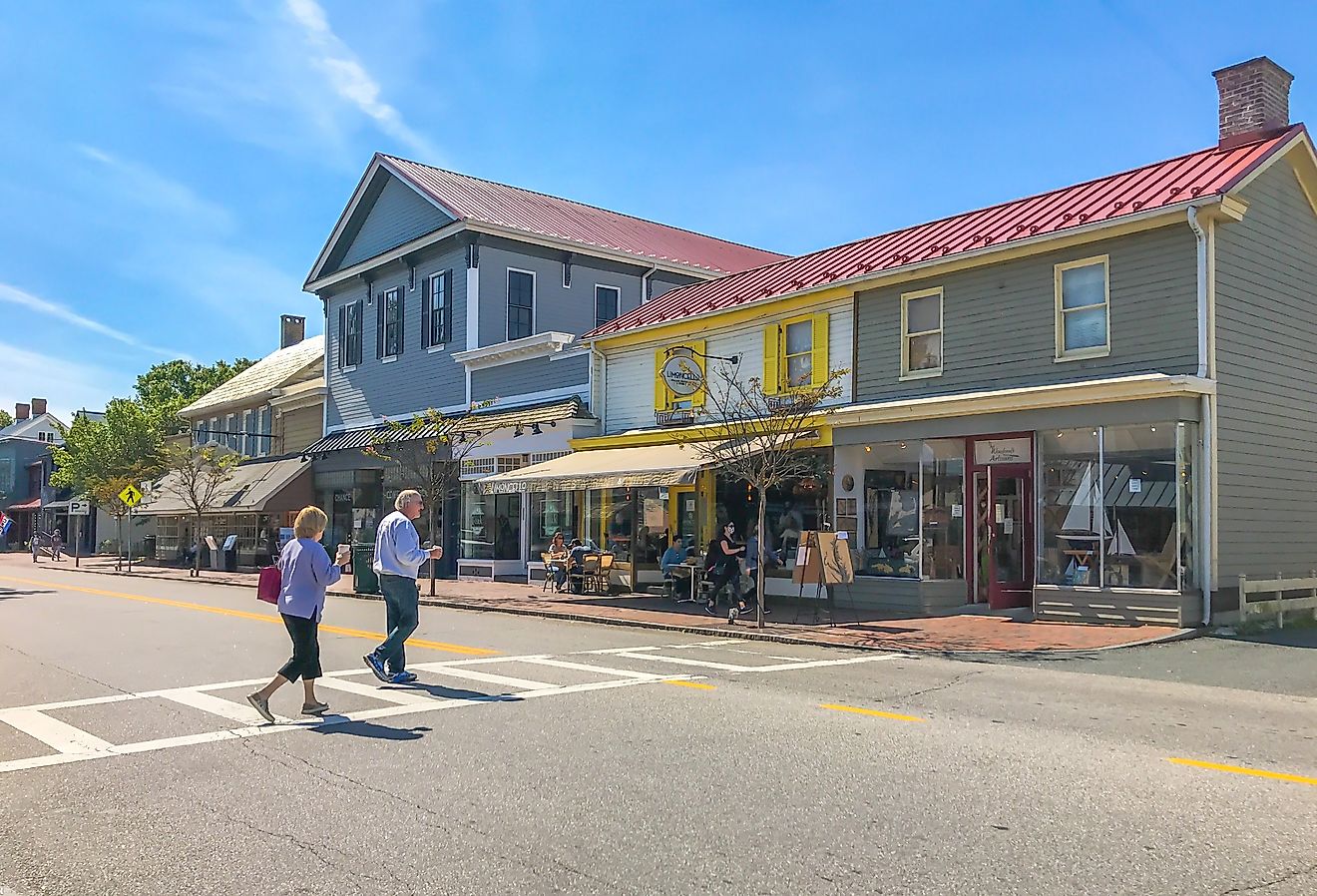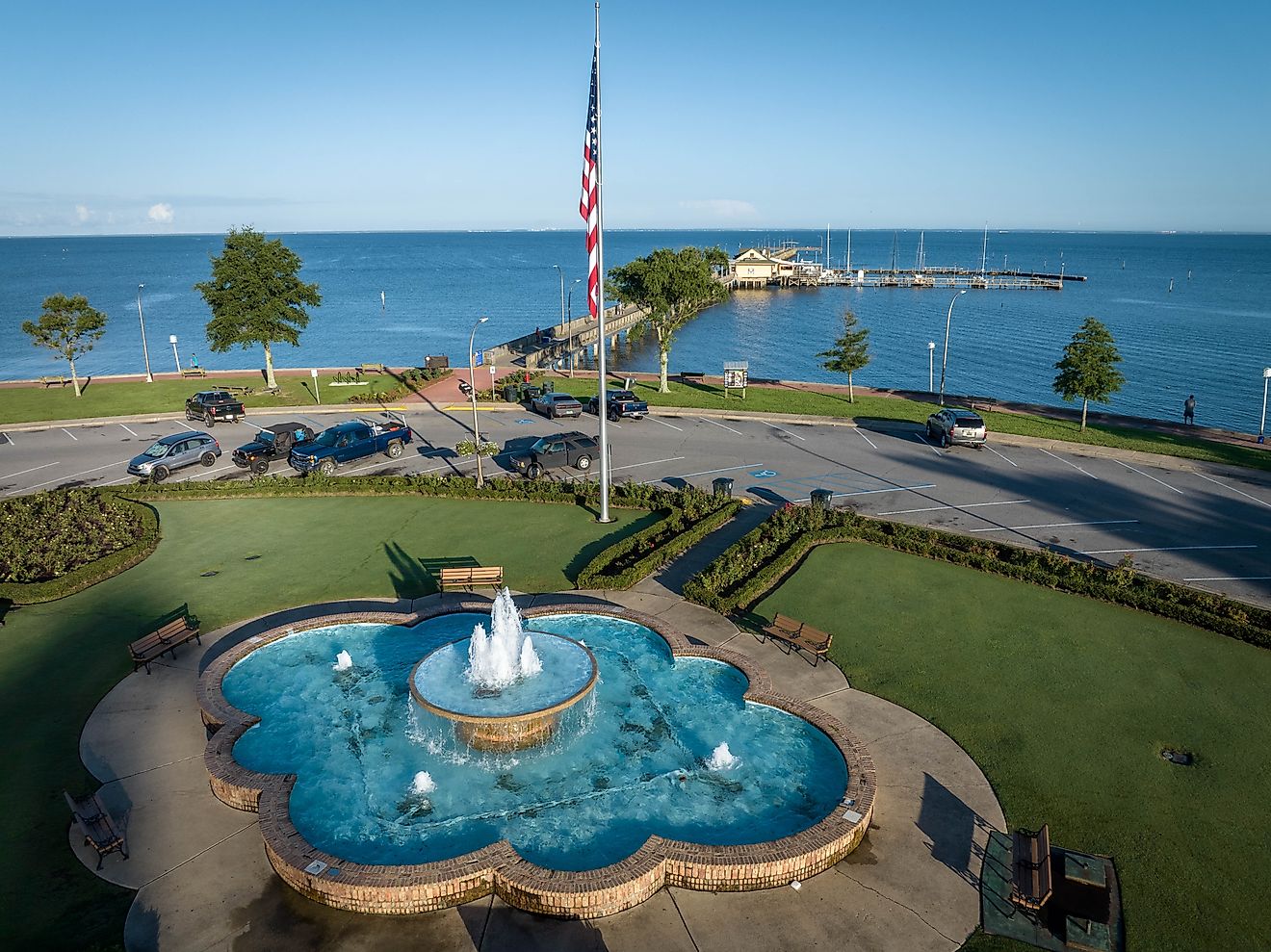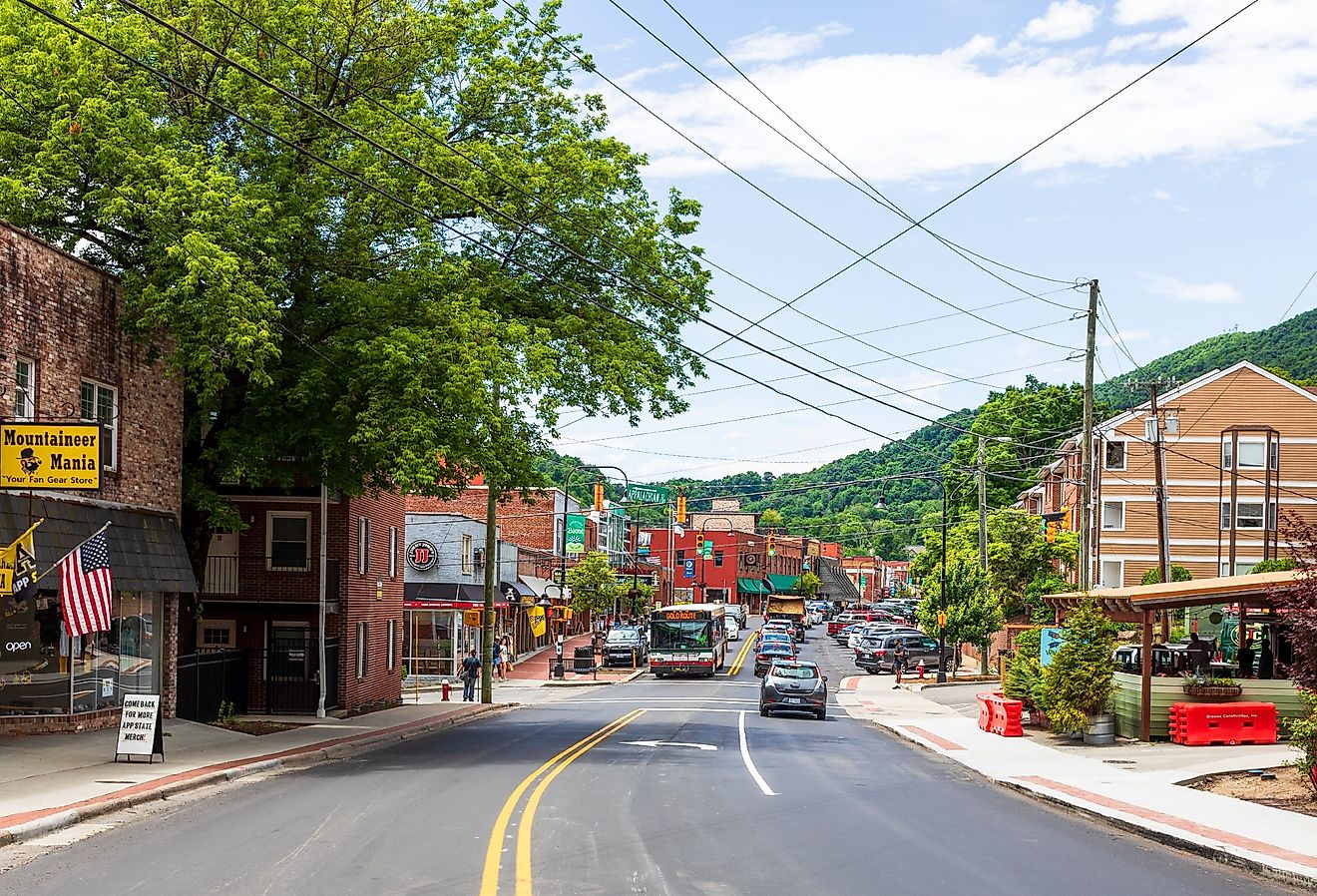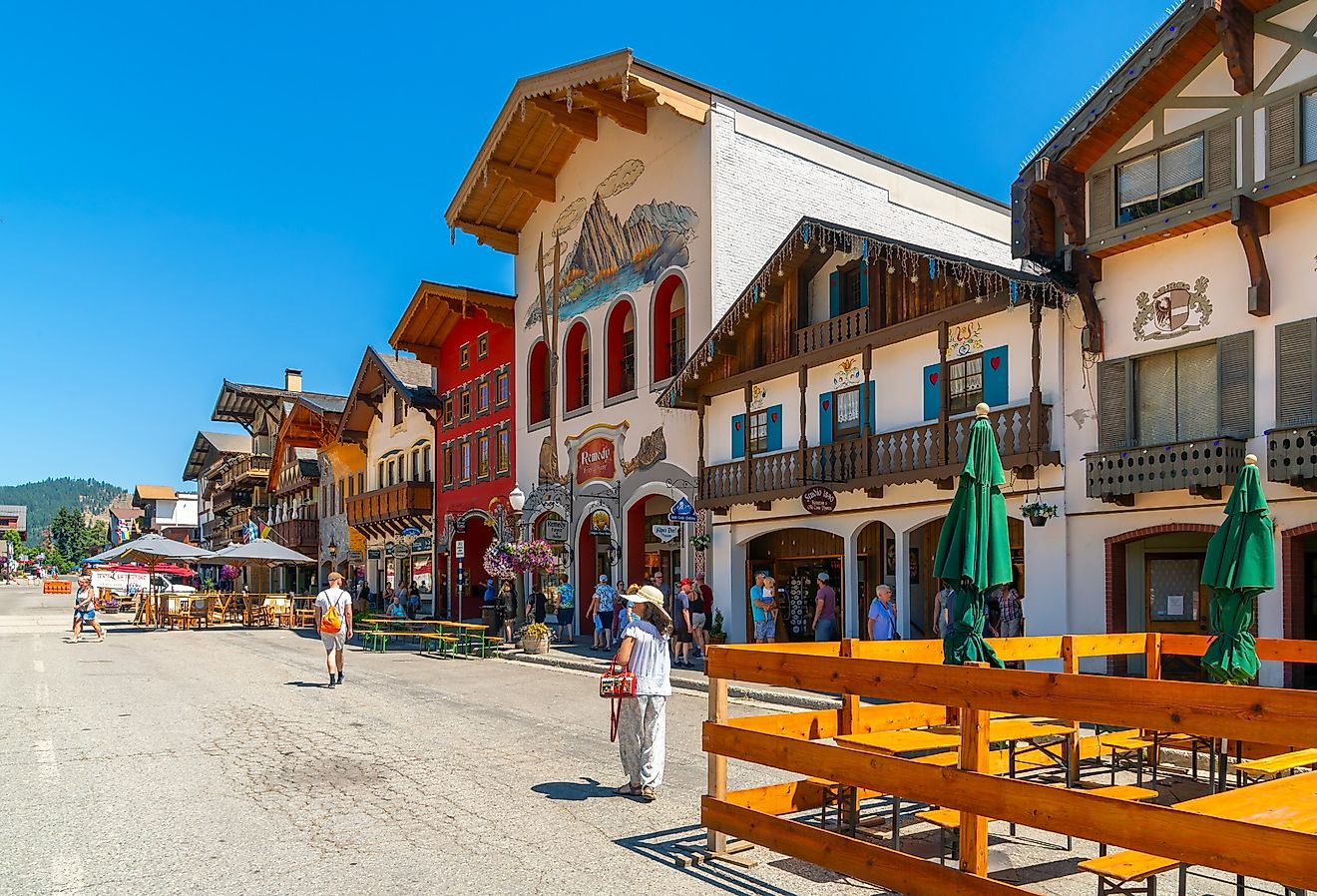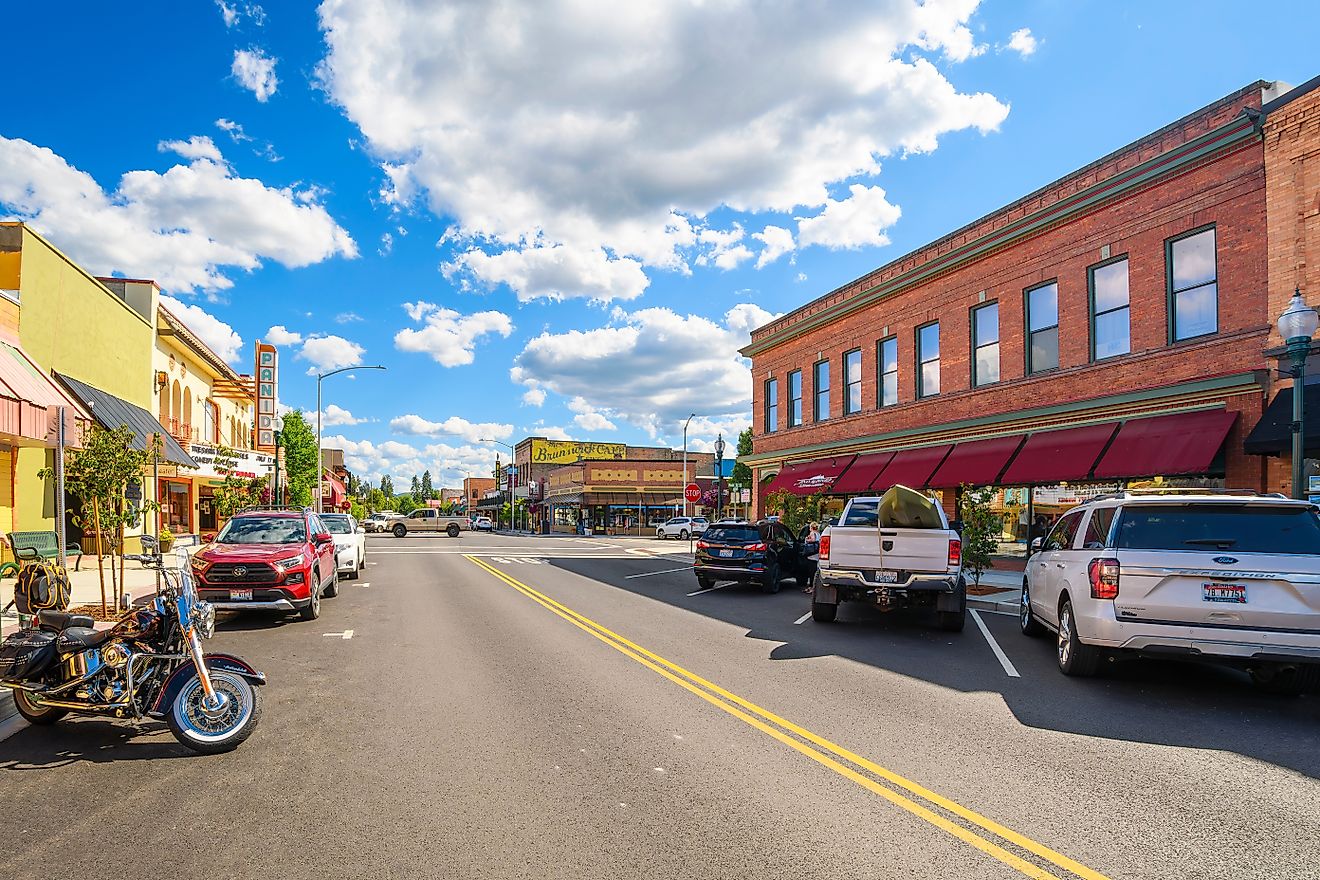
Kharkiv, Ukraine
Also referred to as “Kharkov,” Kharkiv is a large city situated in the northeastern part of Ukraine. With a population of 1,425,987 inhabitants, Kharkiv is Ukraine’s second-largest and second-most-populous city. Historically, Kharkiv is located in the Slobozhanshchyna region and is considered its principal city. At present, Kharkiv is the chief cultural, educational, industrial, scientific, and transportation center of Ukraine. The city is home to many museums, theatres, art galleries, public libraries, orthodox churches, and educational institutions.
Geography Of Kharkiv

The city of Kharkiv is situated in the northeastern part of Ukraine, at the meeting point of the Kharkiv, Udy, and Lopan rivers, with the watershed of the Seversky Donets River. Kharkiv is located at a distance of 481.5km from the Ukrainian capital Kyiv and about 32km south of the Russia-Ukraine border. Situated at an elevation of 152m, Kharkiv covers a total area of 350 sq. km and extends for 24.3km from north to south and for 25.2km from west to east. Kharkiv is a “city of oblast subordinance” and serves as the administrative center of the Kharkiv Oblast. The territory of Kharkiv is administratively divided into nine raions. These raions are Industrialnyi, Kholodnohirskyi, Kyivskyi, Moskovskyi, Nemyshlianskyi, Novobavarskyi, Osnovianskyi, Slobidskyi, and Shevchenkivskyi.
Climate
According to the Köppen climate classification, Kharkiv experiences a humid continental climate. It has warm summers and freezing, snowy winters. May to September is the warm season. July is the hottest month, having an average high temperature of 26.1°C and a low temperature of 16.6°C. The cold season lasts from November to March. Januaryis the coldest, having an average low temperature of -7.2°C and a high temperature of -2.2°C. With 143 average rainy days, the city receives an average annual precipitation of 519mm, and with 80 average snowy days, the city gets an average annual snowfall of 11cm.
The Population And Economy Of Kharkiv

As of 2021, Kharkiv has a population of 1,425,987 inhabitants. A significant portion of the city’s population speaks the Russian language. The city’s residents also have strong ties with Russia, with many of them traveling to and fro for businesses and family visits. The city of Kharkiv has a “diversified service economy” with many people employed in various professional services such as manufacturing, high technology, financial services, and tourism. At present, Kharkiv is one of Ukraine’s most critical machine-building centers. Some of the major products produced in Kharkiv include turbines, bulldozers, tractors, machine tools, industrial cranes, ceramic tiles, air conditioners, hydraulic lifts, electric motors, aircraft, televisions, chemicals, and various food products. Kharkiv also serves as the headquarters of UkrSibbank, which is one of the largest Ukrainian banks. In addition to this, there are many modern shopping malls and markets in Kharkiv.

Many leading educational institutions in Kharkiv attract students from all over the world. Some of these reputable institutes include the Vasyl N. Karazin Kharkiv National University, Kharkiv National Aerospace University, Kharkiv National University of Radioelectronics, Kharkiv National Medical University, etc. There are also several research institutions in Kharkiv, such as the Institute for Problems of Cryobiology and Cryomedicine, the Kharkiv Institute of Physics and Technology, the Institute for Experimental and Clinical Veterinary Medicine, etc.
Tourist Attractions In Kharkiv
Freedom Square

One of the most notable landmarks in the city of Kharkiv, the Freedom Square is considered Europe’s 8th largest city-center square and the world’s 28th largest square. The Freedom Square is approximately 690-750m in length and has a width of 96-125m. The principal portion of Freedom Square is bordered by the Shevchenko Park in the south, Hotel Kharkiv in the north, Sumska Street in the east, and by a site that contained a statue of Lenin in the west. Several significant buildings are located in Freedom Square, of which the Derzhprom built in ‘constructivist architecture’ is most notable. In Soviet times, the square was named “Maidan Dzerzhynskoho”; during the German occupation, it was called “German Army Square” and “Leibstandarte SS Square,” and after Ukrainian Independence, the square was renamed as “Freedom Square.”
Annunciation Orthodox Cathedral

The Annunciation Orthodox Cathedral is the principal Orthodox church in Kharkiv. The church’s construction was completed on October 2, 1888, based on the designs by a local architect named Mikhail Lovtsov. The Annunciation Orthodox Cathedral is one of the world’s tallest Orthodox churches that incorporates the elements of the Neo-Byzantine architectural style and features a unique 80m tall bell tower.
The Kharkiv National Academic Opera and Ballet Theatre

Named after N. V. Lysenko, the Kharkiv National Academic Opera and Ballet Theatre located in Kharkiv is one of the leading Ukrainian theatres. The Kharkiv National Academic Opera and Ballet Theatre presents operas in Ukrainian, French, Russian and Italian languages. There are two halls in the Theatre. The bigger one has a seating capacity of 1500 people and the smaller one seats 400 people.
M.F. Sumtsov Kharkiv Historical Museum

The M.F. Sumtsov Kharkiv Historical Museum is a large history museum located in Kharkiv that was established by the famous art historian Mykola Fedorovych Sumtsov in 1920. The museum houses a vast collection of valuable objects that tells stories about the rich history and culture of the people living in the region.
Gorky Park

Covering more than 130 hectares of land area, the Maxim Gorky Central Park for Culture and Recreation is a large city park located in Kharkiv. The Gorky Park is one of the best theme parks in Ukraine. The park features many thematic zones and contains several attractions that attract people of all ages.
Brief History Of Kharkiv

Archaeological studies have revealed several cultural artifacts dating back to the Bronze Age and the Sarmatian and Scythian settlers. It is believed that the site of the present-day city of Kharkiv formed a part of the area belonging to the Chernyakhov culture from the 2nd to the 6th century. In 1654, the city was founded as a military stronghold with the establishment of the Kharkiv fortress named after the Kharkiv River. In due course, Kharkiv became the center of the native Sloboda Cossack regiment and eventually became the administrative center of Sloboda Ukraine after the Ukrainians resettled the region. With rapid colonization during the 18th century, Kharkiv developed as an important trade and handicraft manufacturing center. In 1732, Kharkiv became the administrative seat of the provincial government. The Soviet troops under the prominent Bolshevik leader Vladimir Antonov-Ovseyenko occupied Kharkiv in December 1917. From 1919 to 1934, Kharkiv served as the capital of the Ukrainian Soviet Socialist Republic. The city served as the site of several military conflicts during the Second World War. On October 24, 1941, the city of Kharkiv was occupied by Nazi Germany. On August 23, 1943, the Soviets managed to capture the city. The city of Kharkiv was also severely affected during the 2014 pro-Russian unrest in Ukraine.
Current Situation in Kharkiv
Russian President Vladimir Putin declared a full-scale military invasion of Ukraine in the early hours of February 24, 2022. Due to this Russian invasion, Ukrainian President Volodymyr Zelensky declared a ‘State of National Emergency.’ Since then, the Russian forces have launched heavy assaults on Ukraine from all sides. Being the second-largest city in Ukraine and mainly a Russian-speaking city, Kharkiv has been a prime target by the Russian forces. Several residential areas in this northeastern city have been bombed heavily by Russian missiles and rockets. As per reports, government offices, including the consulate of the Republic of Slovenia, the Kharkiv City Council Building, an opera house, and a concert hall in the city’s central Freedom Square have been struck.

